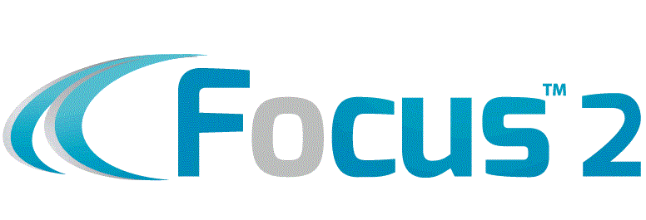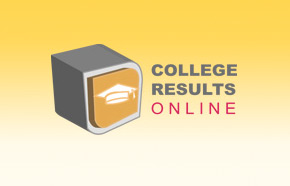Double down deposit no-no May 1 deadline
Dictionary reference –verb dou•ble [duhb-uhl] de•pos•it [dih-poz-it]
1. To strike fear in the hearts of even the most seasoned college admissions officers.
2. Illegal action attempted by parents and/or student to secure two seats at different colleges
April is the month that high school seniors have been waiting for to receive the news they have been anxiously awaiting and the time has arrived for them to make one final decision.
If they have been fortunate enough to gain admission to more than one college, they must decide where they intend to spend the next four (or more) years. And that decision must be made by May 1st, the national reply date for all admitted students.
For many students, this is an easy decision; they have a clear first choice and know exactly where they want to go to college. To guarantee themselves a space at their favorite school, all they need to do is send a non-refundable enrollment deposit check. At some colleges this may be as little as $100, while at others it can be as much as $500 or $1,000.
For some students, the final choice is not so easy. They have two or three colleges that they are considering and aren’t sure about what to do; they love all of their schools for different reasons. And though they re-visit their colleges and look to teachers and friends (and even parents) for guidance, they are racked by indecision. So what do they do? They postpone the inevitable by sending checks to two colleges – that is, they double deposit.
What many of these students and their parents don’t know is that double depositing is a violation of their responsibilities as established by the National Association for College Admission Counseling (NACAC). The reason many of them don’t know they are in violation is that they have never heard about this or any other “responsibility” and have no idea who or what NACAC is. But heck, students need to understand that double-depositing is wrong.
Colleges dislike double depositing because the practice creates an enormous amount of uncertainty about the size of their incoming freshman classes. They can’t be certain about the number of students who are going to show up for the fall because they can’t be certain that each student who has made a deposit will attend.
Since many colleges don’t require payment of the first semester’s tuition until shortly before the start of the academic year, schools can be left with beds to fill and budget shortfalls that they did not anticipate. Some colleges may find themselves over-enrolled and with a shortage of housing for students. Neither situation is a happy one. In order to prevent double depositing, some colleges actually check enrollment lists at other schools for offenders.
Imagine if your boss gave you a predated paycheck but told you to not deposit it for several months, then only a few days before you deposit this check he tells you it’s no good, there are no funds to back it up so just tear it up. Arrrg! That would totally stink!
You’d feel betrayed, jilted and come up with a bunch of four letter words to describe his character (and maybe even his mother!)
Now check this out. A college that discovers a double depositor is within its rights to withdraw that individual’s offer of admission.
So you (or your student) could lose their coveted spot at XYZ University College. Double bummer.
Equally important, double depositing hurts other students because it wreaks havoc with waiting lists. Colleges cannot offer admission to students on their waiting lists if they are uncertain about the number of depositors who will actually matriculate. Since schools are hesitant to do anything that will lead to over-enrollment, some applicants who would normally be admitted from waiting lists are not. As a result, double depositing prevents deserving students from being admitted to their favorite colleges.
AZ College Planning is Arizona’s premier college planning firm the place to turn for college consulting in Arizona. Residents of AZ turn to us for the solution to AZ college solutions. Arizona college planning consultants who help families how to qualify for financial aid even if you have a 6 figure income





